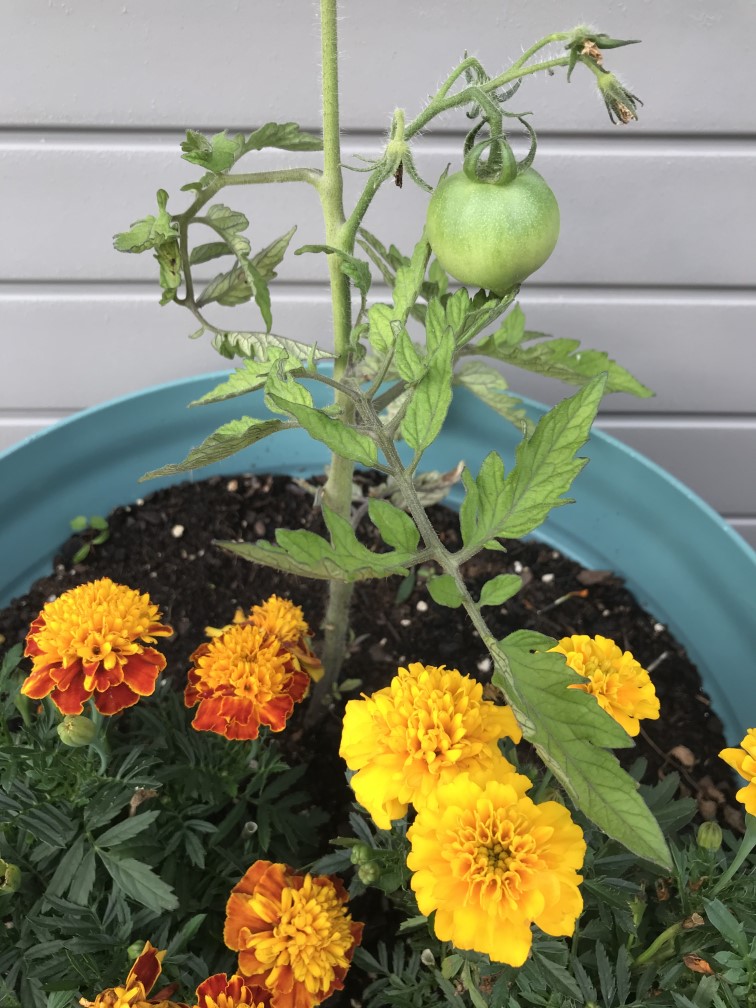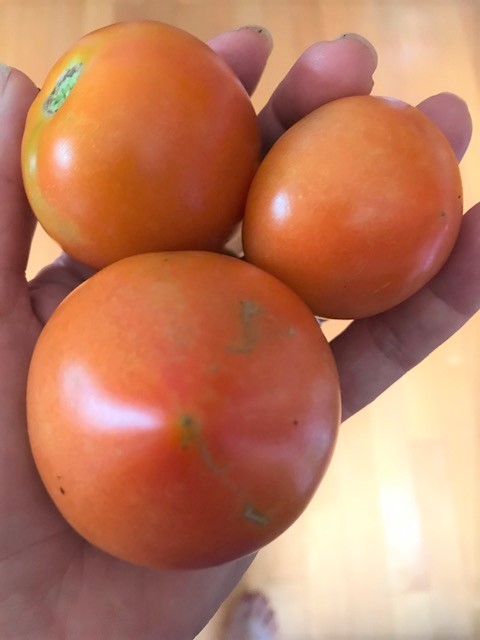I thought having my hair cut by my favorite stylist was the reason for the salon visit. However, it was her words that were more important that day.
I want my memories, not my aunt’s.
Shirley was explaining why she was discarding figurines, furniture, and even fine china that had been dear to her mother’s unmarried sister. “My limited space is reserved for my memories,” she said.
The same is true for our children. They don’t want our memories.
“We have to keep Hoppers,” one adult son insisted when I was decluttering. Hoppers was a 1980s skinny, stuffed, lavender bunny whose long legs had been re-sewn twice. “Get rid of that instead,” he suggested and pointed to a large Gund Classic Winnie-the-Pooh that my cousin recently had given me.
Give up a new, specialty, stuffed animal for a stitched-up, generic one? Yes, because the former held no memories for my son.
Pristine Pooh had not been tossed off the top bunk in diving competitions with Roughy Tough and Blue Bear. Pooh had not held an elected office in my children’s stuffed animal society. Zero memories. Zero worth.


Which possessions hold special memories?








